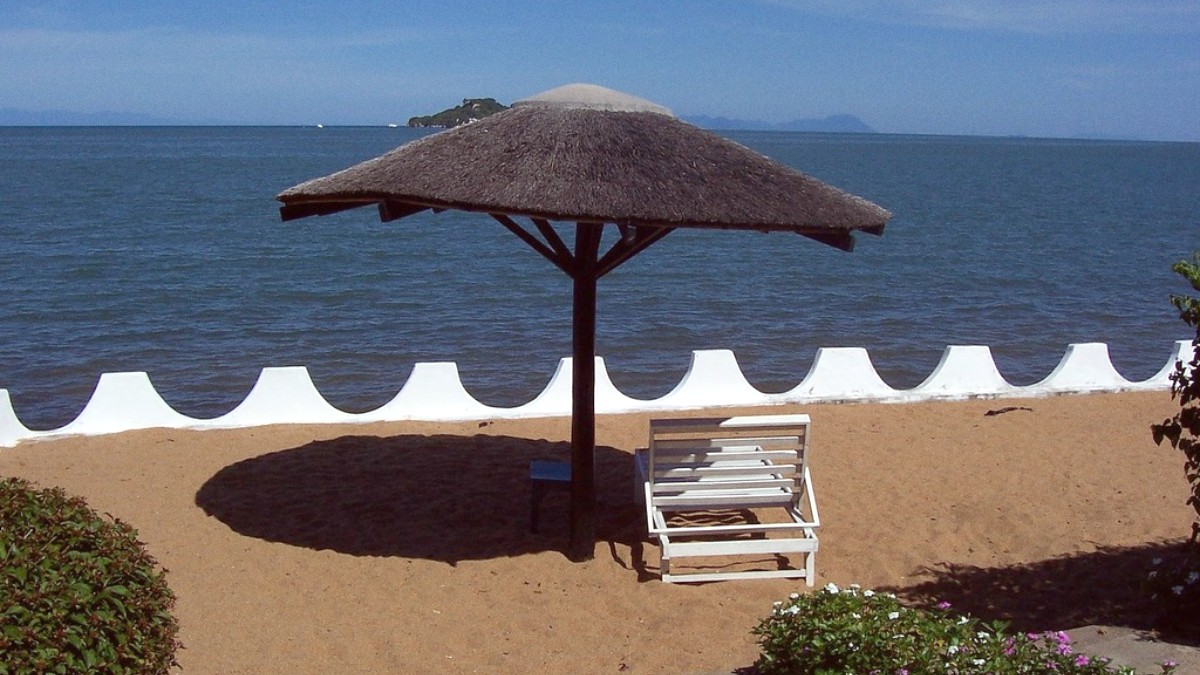
Malawi
Certain places stand out as quintessential Lake Malawi experiences. These sites carry significant historical and cultural weight, offering deep insights into the region's past and unique natural environment.
Lake Malawi National Park, an UNESCO World Heritage Site, is globally recognized for its unique cichlid fish species. Likoma Island's cathedral is a surprising architectural marvel.
When photographing people in villages, always ask for permission first. A simple "Muli bwanji?" (Hello, how are you?) followed by a gesture with your camera, then "Ndingatenge chithunzi?" (May I take a picture?), shows respect.
Visit during April or November for fewer crowds and more solitude.
December to March also means fewer visitors, though it is the wet season.
Early mornings or late afternoons for calmer, less busy underwater experiences.
Consult lodge staff or local guides for hidden viewpoints or quiet beaches.
Explore areas away from main tourist spots for peaceful discoveries.
While natural beauty takes center stage, Malawi offers cultural insights through its historical and archaeological sites.
A historical site where David Livingstone reputedly camped during his explorations.
A modern museum in Northern Lakeshore displaying dinosaur fossils and cultural artifacts.
Formal galleries are limited. Some lodges sell local crafts, paintings, or textiles.
Purchasing directly from artisans supports local livelihoods.
Some lodges or community initiatives organize traditional dance or drumming.
These experiences offer insights into Malawian culture.
Near Dedza, an UNESCO site with extensive rock art paintings dating back thousands of years by BaTwa and Chewa people.
On a plateau in Northern Malawi, this historic Scottish mission features impressive colonial architecture. Worth a visit for history enthusiasts.
On Likoma Island, a striking Anglican cathedral, an unexpected architectural marvel reflecting missionary dedication and enduring faith.
The main draw of Lake Malawi is its outstanding natural beauty and unique aquatic ecosystems.
A significant freshwater conservation park, home to diverse cichlid fish species.
Snorkeling and diving offer the best view of these colorful creatures.
The park's land parts host monitor lizards, baboons, and vervet monkeys.
The lake is a haven for birdlife, including the African Fish Eagle and kingfishers.
Monitor lizards are frequently seen basking on shoreline rocks.
Baboons and monkeys are present in park areas and sometimes near lodges.
Many lodges, especially those on hillsides, offer elevated views for watching the stunning sunsets over the water.
Numerous sandy beaches along the Malawian shoreline, especially in Cape Maclear, Senga Bay, and Mangochi.
The clear, fresh waters of Lake Malawi are the main draw, perfect for swimming, snorkeling, and other water activities.
Beyond the well-known spots, Lake Malawi holds some lesser-known treasures for those willing to explore.
Explore unique destinations that offer a more secluded experience away from typical tourist paths.
Discover destinations favored by locals or offering a different perspective of Malawi's economy and nature.
Explore newly developing tourism areas offering fresh experiences.
Capture memorable images of Lake Malawi's unique scenes.
Explore beyond the main tourist hubs to discover a understanding of Malawi's nature and culture.
While the lake is the focus, the surrounding areas offer distinct attractions.
The northern lakeshore offers a rugged and authentic Malawian encounter.
The iconic Ilala ferry offers an unique way to experience the lake and reach remote islands.
Plan your journey carefully as schedules can be flexible.
This area near Mangochi is more developed, offering a blend of resorts and activities.
Good for those seeking amenities and diverse water recreation.
Remote and tranquil, these islands offer pristine waters and unique cultural experiences.
A truly secluded and tranquil experience.
A must-visit for unique cichlid fish and beautiful underwater scenes. Ideal for snorkeling and diving. Entry fees are standard.
Explore Livingstone's Tree, Karonga Cultural Centre, and the impressive St. Peter's Cathedral on Likoma Island for a glimpse into Malawi's past.
Consider Mumbo Island for secluded eco-tourism or Nkhotakota Wildlife Reserve for a growing safari experience.